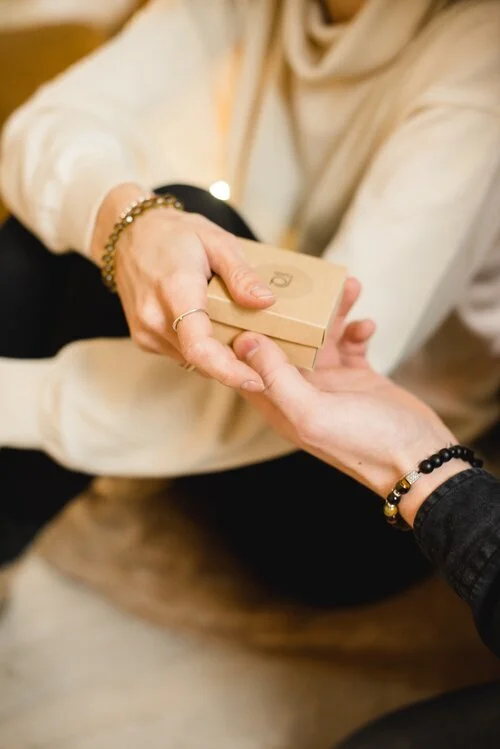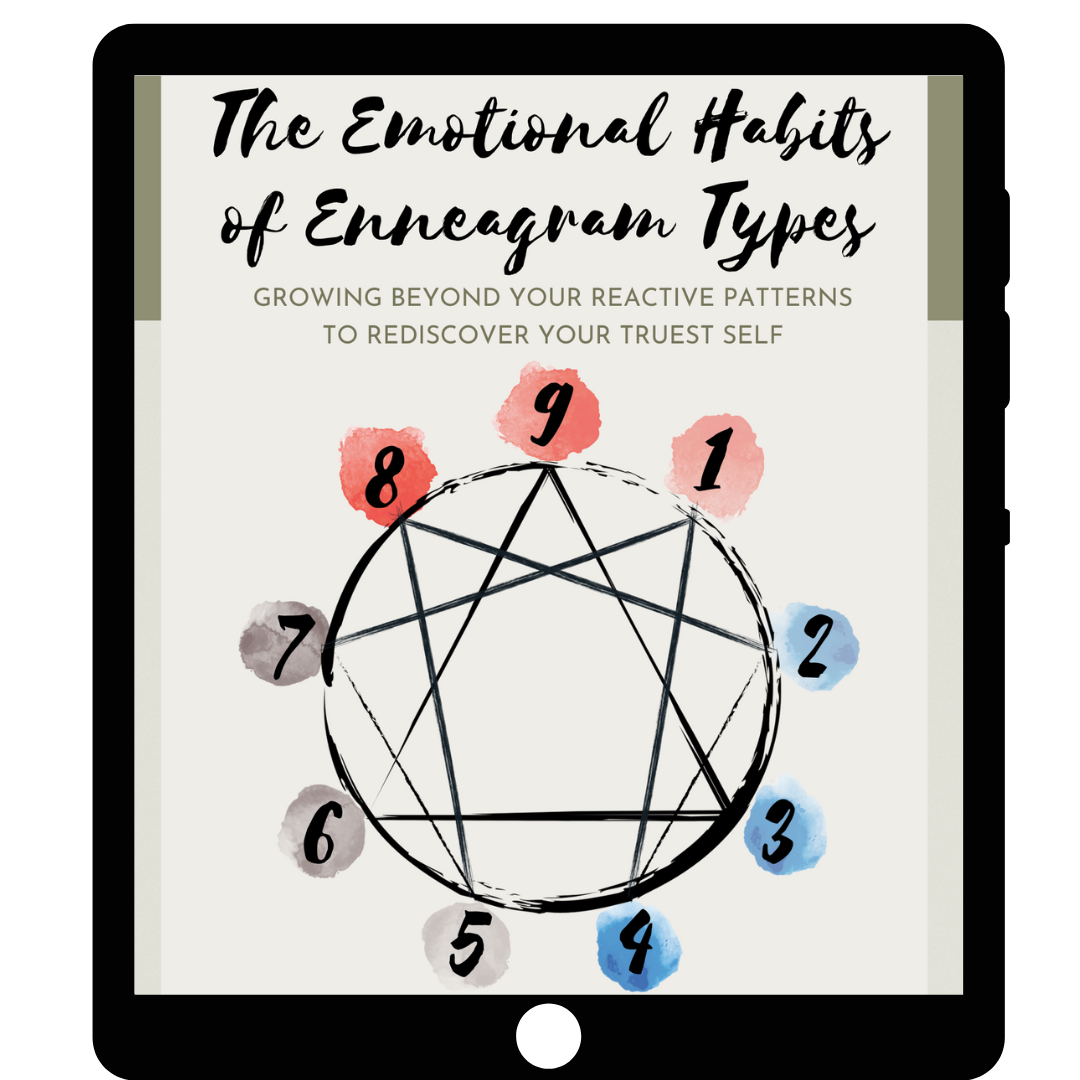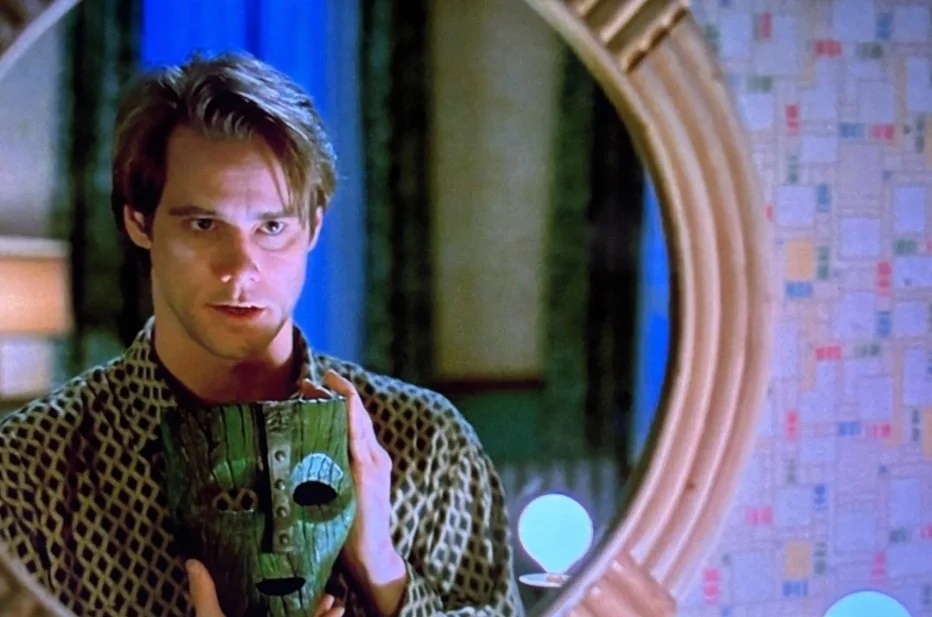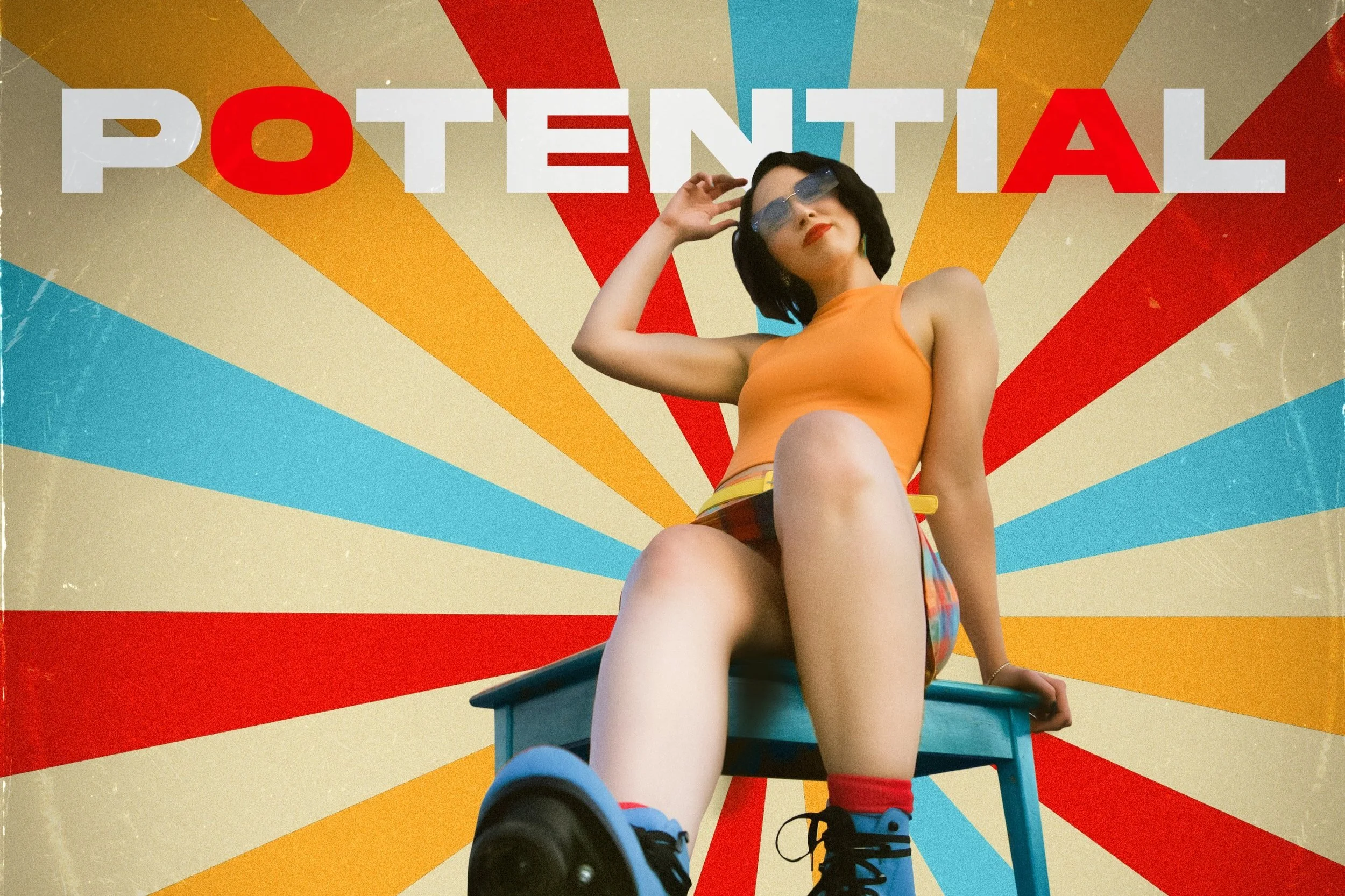My therapist colleague Melinda Olsen (Inviterra Counseling) and I are writing several blog series about the Enneagram, a comprehensive yet compact personality framework that reveals our reactive, “autopilot” patterns of thinking, feeling, doing, and relating.
In this series, someone from each Enneagram Type (Types One through Nine) will be sharing about their own journey of discovering and using the Enneagram for deep healing and personal growth.
In this post, Melinda will be sharing about Type 2.
Here are other types posted in the series so far:
Type 1 - Josh Chan
Type 3 - Morgan Hancock, LMFT
Type 4 - Joanne Kim, LMFT
Type 5 - Alyssa Harris
Type 6 - Jonathan Siu
Type 7 - Stefie Dominguez
Type 8 - Marianna Torres
Type 9 - Lorren Siu, LMFT
What does it mean to be an Enneagram Type 2?
Living Outside Myself
For me, when I’m on autopilot, being an Enneagram 2 is about always being tuned in to the thoughts, feelings, needs, and actions of other people (especially “my people”), and living a life outside of myself without even realizing it.
Needing To Be Loved/Liked
Being an Enneagram 2 means being convinced that I know what it takes to get people to like/respect/love me, and that anything generous that I do I’m doing out of my own kindness and generosity. I expend a huge amount of energy outward toward relationships and I spend a lot of energy and focus a huge amount of attention on whether or not people feel positively about me or love me.
The Pride of Having No Needs
I know, I know. I just said that Enneagram 2’s have a deep need to be liked/loved. However, being an Enneagram 2 also means that my own thoughts, feelings, and needs are locked in a dark room somewhere inside of me that I can’t access let alone navigate without a huge amount of effort. When I’m on autopilot, it means I’m not really aware that I have any needs.
At the same time I can also be really resentful/angry that others don’t notice or take care of me or my needs (that I don’t understand or acknowledge).
At the heart of things, being an Enneagram 2 (for me) means wrestling with a sadness and fear believing that I will never be enough, in and of myself, to be deeply loved.
Here are a couple of great resources for understanding Type 2’s:
When did you first realize you were Enneagram 2?
I first read and identified as an Enneagram 2 in college (I was 20) while reading Richard Rohr’s Enneagram. At first when I read about how 2’s kindness and helpfulness were just a manipulative means to an end (WHAT?! I’m not altruistically kind and generous?!), I really resisted identifying myself as a 2 (typical). However, as I continued to look at the 2, I realized that my strong negative reaction to the number was likely a good indicator that I was on the right track.
I realized that I spent a lot of time doing things “in order to get someone to…”: notice me, befriend me, like me, care about me, etc.
What do you wish people knew about Enneagram 2s?
I wish people knew that not all 2’s are these kind, spineless doormats (and that’s not even what being a 2 is about). I don’t want to do everything for everyone or help everyone. I want to help some people more than others, and actually, being giving/helpful is usually a means to an end (getting them to like me/love me).
Also, I have less of a problem expressing anger (just ask my husband) or pushing back against some people. We 2’s can be intense, stand up for what we believe in, and be incredibly manipulative (giving to get).
What’s something you’re focusing on to grow out of your type?
This is an important question because the goal of Enneagram counseling is not just to understand our type, but to actually gain the ability grow beyond it. Right now my biggest focus is learning to not “abandon myself”. I often have this growth point in mind whenever I do my own Enneagram therapy and coaching. I have often gotten lost in knowing others’ experiences, feelings, needs, etc., and left myself behind as a result.
I’m going through a process of grieving over abandoning myself for others, and am starting to learn what it takes to stay present with my experiences and feelings, and am starting to understand that I matter as much as other people do.
What are your Enneagram type's emotional habits?
Grab this free guide that shows you how to grow beyond the patterns that keep you stuck!
Don't know your Enneagram type?
Find yours here!
© Copyright 2022 Joanne B. Kim. All rights reserved.
JOANNE B. KIM, LMFT
Joanne is a Licensed Marriage & Family Therapist and Certified Brainspotting Practitioner in San Jose, CA, who loves helping people create emotionally thriving relationships. She helps people EXHAUSTED by anxiety, shame, and an allergic reaction to anger create VIBRANT relationships where they matter, too.
Many of her clients are:
(1) the highly responsible, conscientious, and empathic types
(2) Enneagram Type Ones, Twos, Fours, or Nines
(3) Highly Sensitive Persons (HSPs)
(4) adult survivors of emotional abuse and neglect
The most common words spoken by those who’ve sat with Joanne:
“I thought it was just me. I’m NOT crazy!”
“I can finally figure out what to do with all these feelings!”








































In a conversation with Catherine Quiring of the Coming Home to Ourselves Substack, we explore the Enneagram through the lens of the show Ted Lasso, going into the importance of emotional intelligence, the role of instincts & subtypes in the Enneagram, and how these concepts can help individuals navigate their personal growth and relationships.